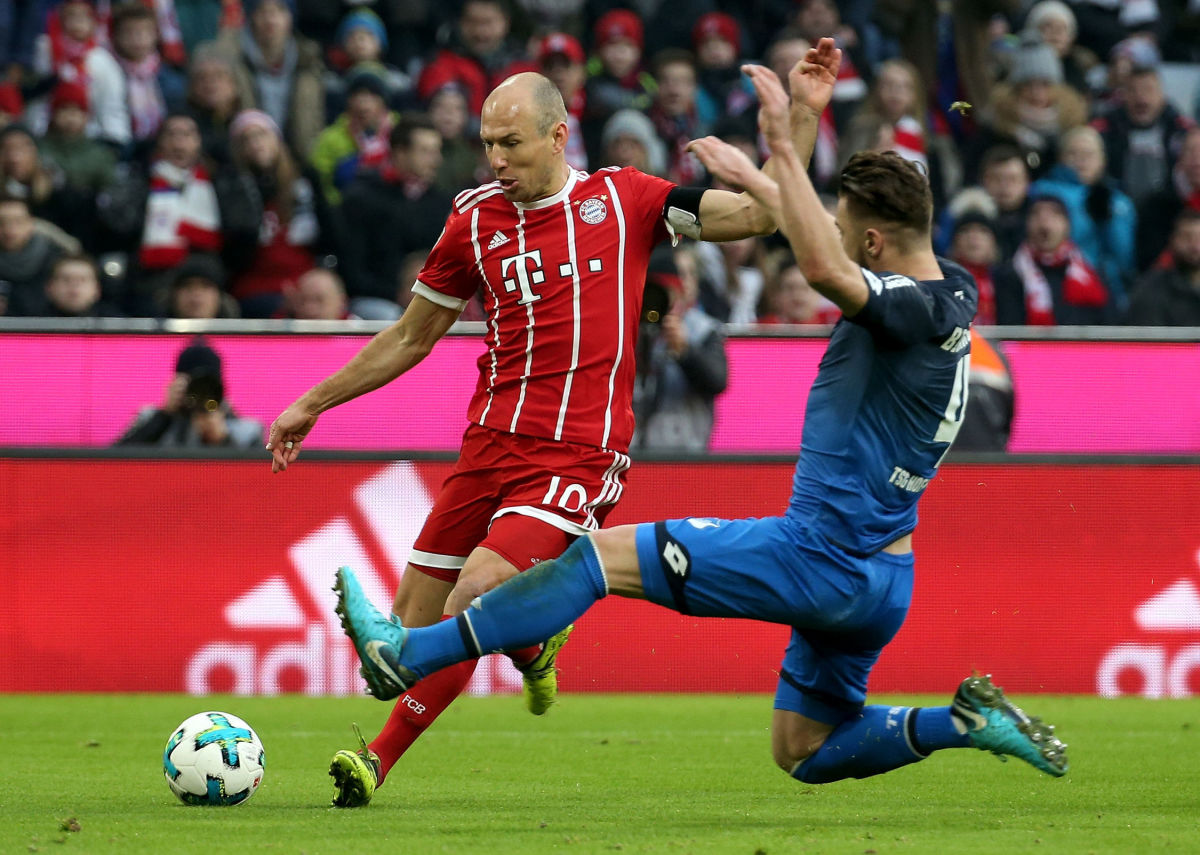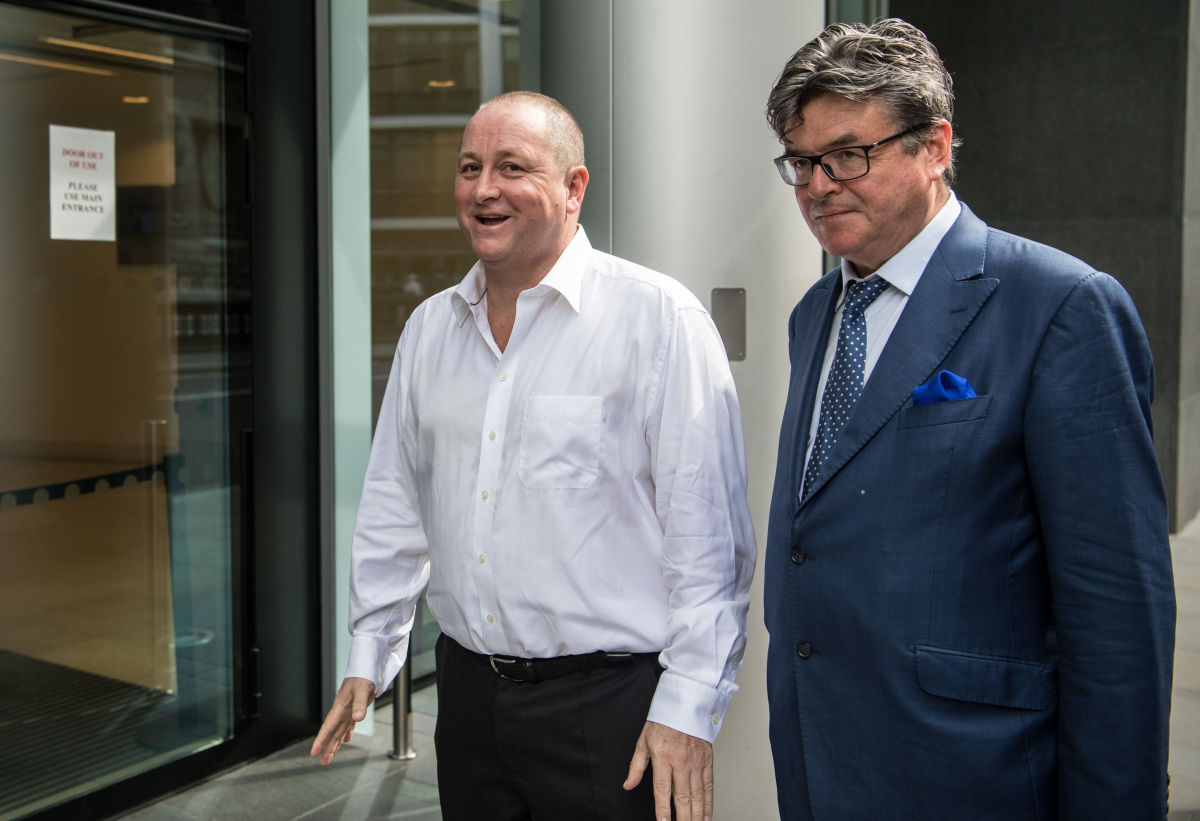Newcastle's Ownership Woes Would Be Solved if England Implemented Germany's 50+1 Rule

It seems these days that all negativity at Newcastle United comes down to one central factor: the ownership of Mike Ashley.
The Sports Direct business mogul has run the club, and fans' patience, into the ground time and time again during his troubled spell owning the Tyneside outfit. He is non-forthcoming with funds and has seen his club scrape and struggle its way through too many seasons recently.
All this could be solved, though.

If England looked across the water at their mainland European competitors, they'd see at least one shining example of how football club ownership should be done.
That example is Germany, and their 50+1 rule on ownership.
In short, the rule means that clubs - and in essence, fans - own a majority stake in their team, rather than commercial investors. This stops private owners prioritising profit-making decisions over footballing ones - something Ashley is very fond of doing.

Under German football rules, clubs are not allowed to play in the Bundesliga if commercial investors have more than a 49 percent stake in the team.
This means it is very difficult for owners to go against the wishes of supporters or push through unwanted changes. The ruling also simultaneously protects against reckless owners, as fans have a physical, significant way to prevent their club being financially mismanaged when they see it happening.
The 50+1 rule also helps explain how debts and wages are under control for all clubs in the Bundesliga, and why ticket prices remain so low compared to other major leagues in Europe.
That last benefit particularly would strike a cord with not only Newcastle supporters, but football fans in general in England's top flight.
While such rulings - which have been in place since 1998 - has meant that there has been a lack of money flooded into the German transfer market, it certainly hasn't damaged the sport. If anything, it has help maintain the purity of German football.

After all, before 1998 private ownership was entirely outlawed. German clubs were actually not-for-profit...just imagine that in today's Premier League!
Still, while there is less external and big-money investment from rich individuals, the upshot of the system is that fans are usually not taken for granted. That is something Newcastle fans continue to cry out for.

It is hard, and dangerous, to significantly upset huge portions of your fans as Ashley repeatedly does at St James' Park if those spectators are the majority shareholder in the club. When the fans get a vote on proposals, you would struggle to see Newcastle stumbling along in the same broken way it has done currently.
The biggest push-back would be the supposed financial losses a change like this would make. Clubs would no longer have the astronomical financial backing they did currently, but it wouldn't necessarily be a bad thing to move away from the ridiculous transfer fees and wages of modern day English football.
When are the Premier League going to put the fans first and introduce the 50+1 rule and bring down ticket prices? @premierleague @SkySports
— CraigBrown 💙💛 (@craigroybrown) January 10, 2016
The 50+1 rule certainly hasn't damaged German football, either.
Bayern Munich are still a formidable force on the continent, with Borussia Dortmund and the other top clubs no slouches either.

They're not afraid to spend money on players, either, with big names still gracing the German top flight. However, they're on much more reasonable salaries compared to their counterparts in England.
It's not a flawless system. It can still be cheated - as seen by the almost nefariously brilliant, loophole-utilising approach of RB Leipzig.

The Red Bull-owned club maintains a 50+1 structure, as is required to compete in the Bundesliga, but has done so by having just 17 voting members, most of whom are Red Bull employees. They've done this through high membership pricing, among other things.
Bayern, in contrast, has 290,000 voting members.

Nevertheless, the 50+1 rule stands as a testament that football can still be played and enjoyed at the highest level, whilst giving fans significant control and power against owners without the club's true interests at heart.
If implemented in England, those words would be music to the ears of Newcastle supporters.
